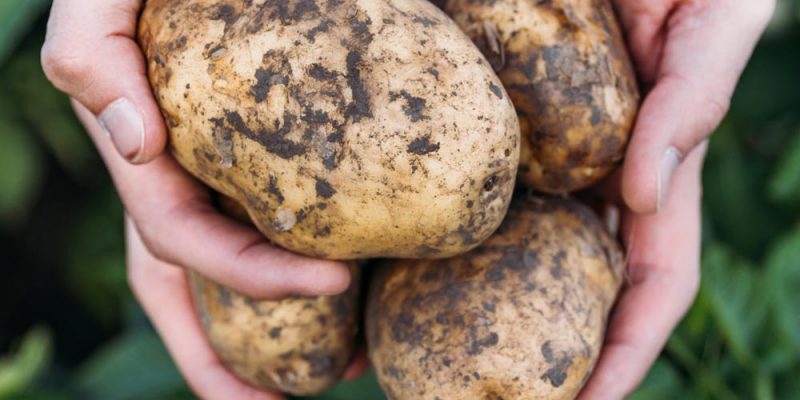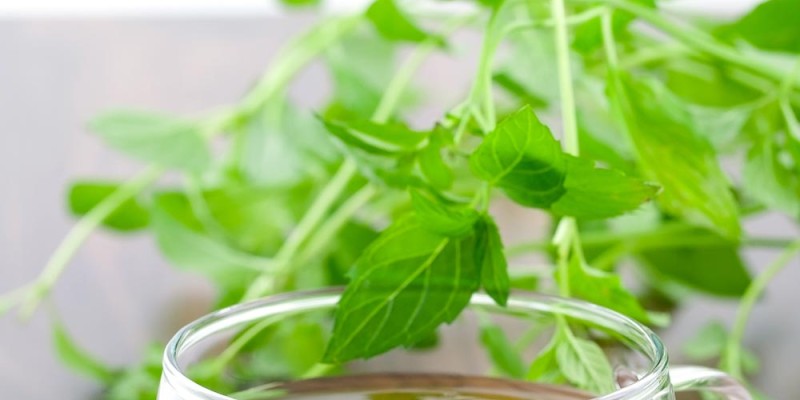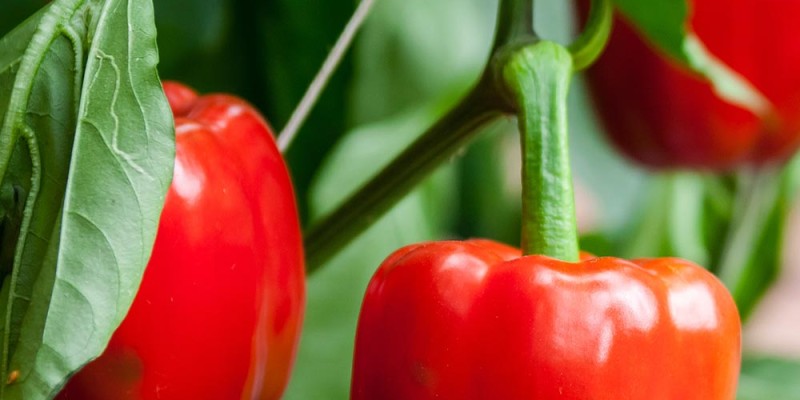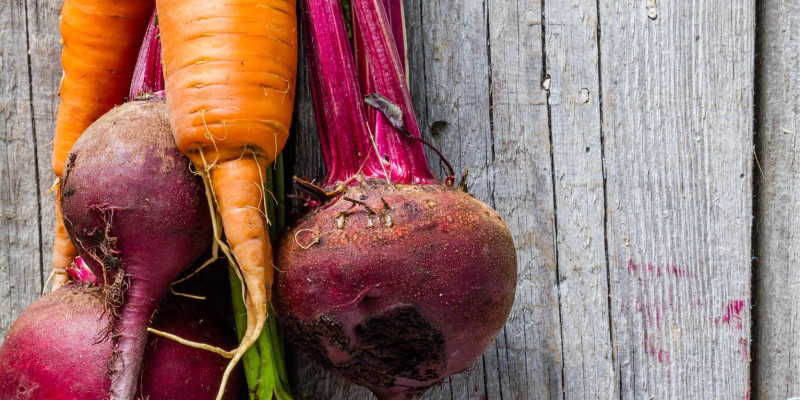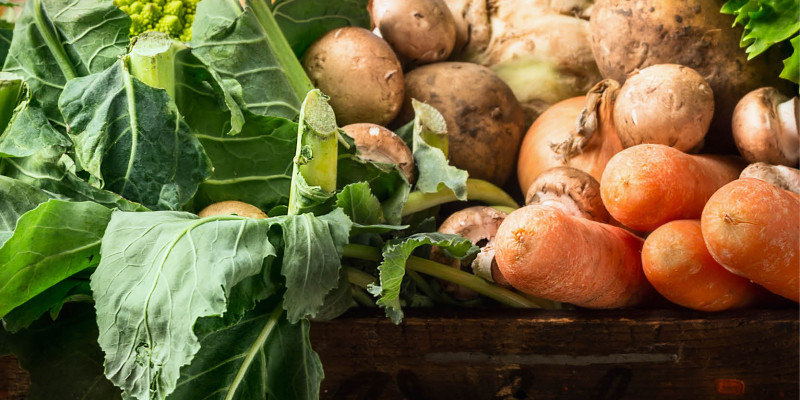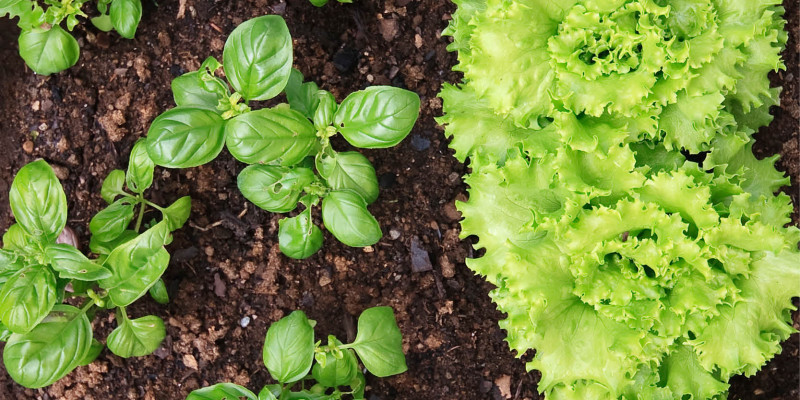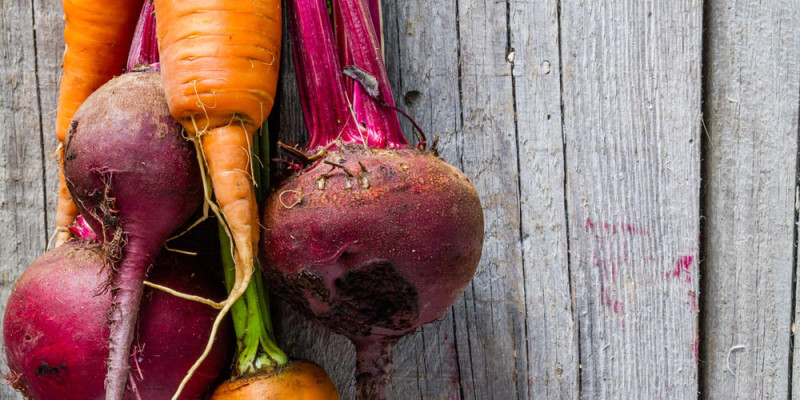Last year I began an experiment in the back yard taking a look at two products. Biochar and Rock Dust. The purpose of this experiment was to put the product claims to the test. Specifically we were looking at product claims that have been made about them.
This is the first of a three part series looking at the results of the second year of the Biochar and Rock Dust Home Garden Field Trials.
If you would like to see how we set up the trial I will post a playlist at the end of this video where you can find out more.
Although these products may perform better in other situations they are being marketed to home gardeners like myself whom take great care with their soil. So I decided to set up the experiment specifically to address the claims in a home garden situation.
A poor soil trial was set up this year however due to high temperatures and drought conditions the trial sections failed to provide meaningful results.
In order to fill the raised beds in my home garden I started with exactly the same soil mixture. I resorted to purchasing products in order to have greater control over their content.
I took three equally sized garden beds and filled them with exactly the same initial soil mix by volume. The beds were constructed so that each of them receives the same amount of sunlight and they are isolated from each other.
I took care to make sure when purchasing the products to fill the raised beds to either split the product from each bag three equal ways and when I could not I purchased multiples from the same batch numbers. This ensured I started with a consistent soil content and volume.
Throughout the course of the growing season each bed was planted the exact same way and treated with the same care such as watering.
A variety of crops were selected to allow us to see how each product performs across a number of crops. This will help us understand generally how each product preforms regardless of the crop selected. It helps eliminate any bias caused by a single species. This year I planted tomatoes, peppers, carrots and beets as they represent some of the more popular crops for back yard gardens.
By starting with exactly the same size, soil and sun we ensure that any differences we note throughout the course of the experiment are due to the product being tested.
In order to select which bed would become the Rock Dust, Control and Biochar I asked the community. One of my long time viewers selected at random the beds.
Throughout the growing season I harvested and weighed the produce coming off of each bed. I recorded the weights in grams and pooled the numbers at the end of the season.
So we come to today’s question Do Biochar and Rock Dust Increase production?
Last year’s results were even across the board that all three trial beds performed similarly for yield and were within 5 %
This year the control bed produced 5,829 grams while the Biochar produced 5296.5 grams. That’s a difference of 9.2% this is slightly more than what I would consider equal. The biochar bed did produce less than the control.
The Rock Dust bed only produced 3053 grams. This is quite interesting as that represents a 47.7 % lower yield in the rock dust bed when compared to the control. This is a massive drop in production.
Last year we concluded that neither of biochar nor rock dust positively impacted the production of the beds. This year it would actually appear that biochar and rock dust have a negative effect on total crop production.
This is very interesting however it only represents part of the picture. On the next segment in this series I will be taking a look at the soil results both for the pH and nutrient availability at the beginning of the season and end of the year. In the third segment of this year’s results I will take a look at the plant tissue to see if any of the products impact the nutrient density of the produce.
